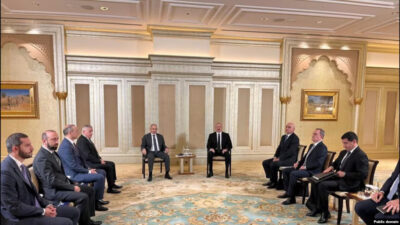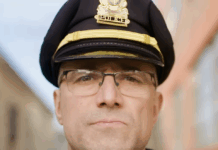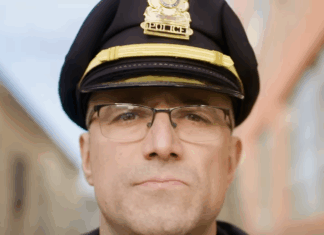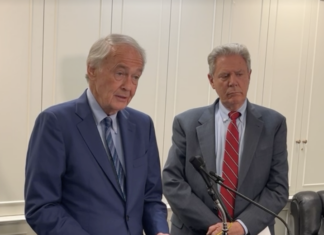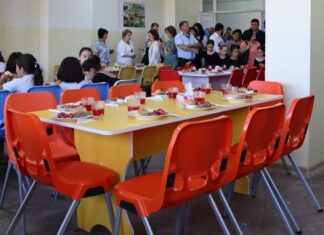NEW YORK — The following interview was conducted by Hagop Vartivarian, chair of the ADL Press Committee, recently in New York, with Dr. Edgar Housepian, before he was honored by the Fund for Armenian Relief on Friday, January 15.
Hagop Vartivarian: Dear Dr. Housepian. Let me begin by telling you that this interview is with our Ramgavar newspapers. We are all aware that your father was in fact a father to all the immigrants of the Big New York. How did he dedicate his time and soul to his people?
Dr. Edgar Housepian: It’s very hard to say why he was very generous and very patriotic, but I think there’s only one reason of why he was able to accomplish his role in the Armenian community and that was by believing that when he is helping the Armenian community, he is in fact helping humanity. In additional to that, he had a great sense of humor, which indirectly helped increase the morals of the immigrated Armenians.
He had brought back a lot of his childhood memories from Kessab, which was one of the main reasons of why he offered his willingness to the Armenian community and the society to become helpful when he was a young scholar: he believed that serving humanity was his mission.
My father was born in Kessab and he was a witness of the slaughters in 1895. With his friends he tried to struggle against the unjust and inhumane attitude, but because of very hard situations, they could not return to their homes. Instead my father and his friends ended up in Egypt, with the stream of deportations. For a short period of time, he participated in an Armenian theatre, just to be able to save enough money for his daily necessitates. After some time, he wished to attend pharmaceutical studies, but then realized that it was not his aim in life.
He moved to America in 1900 and started studying at a medical school, at the Long Island Medical College. He gained most of his experience by working on dead bodies. He graduated as a physician in 1905, after which he started to work in this field officially. His younger brother was not educated, so he used his paycheck for his brothers’ education. He continued to collect more medical practice from 1905 till 1909 [serving as a physician on a British ship].
